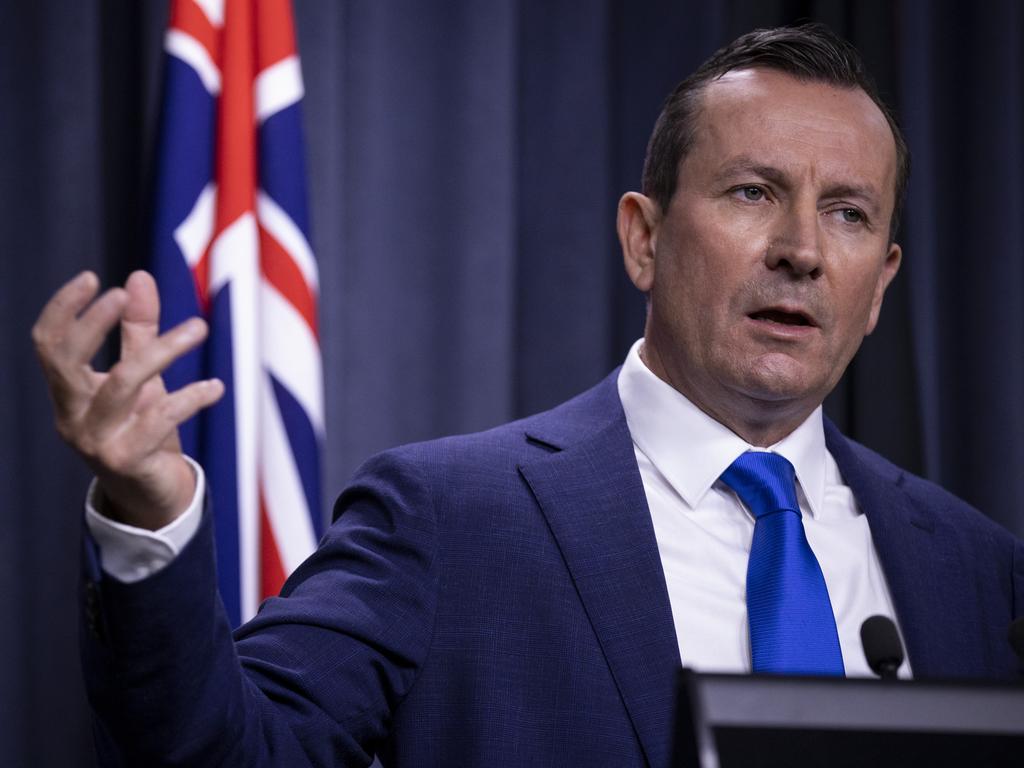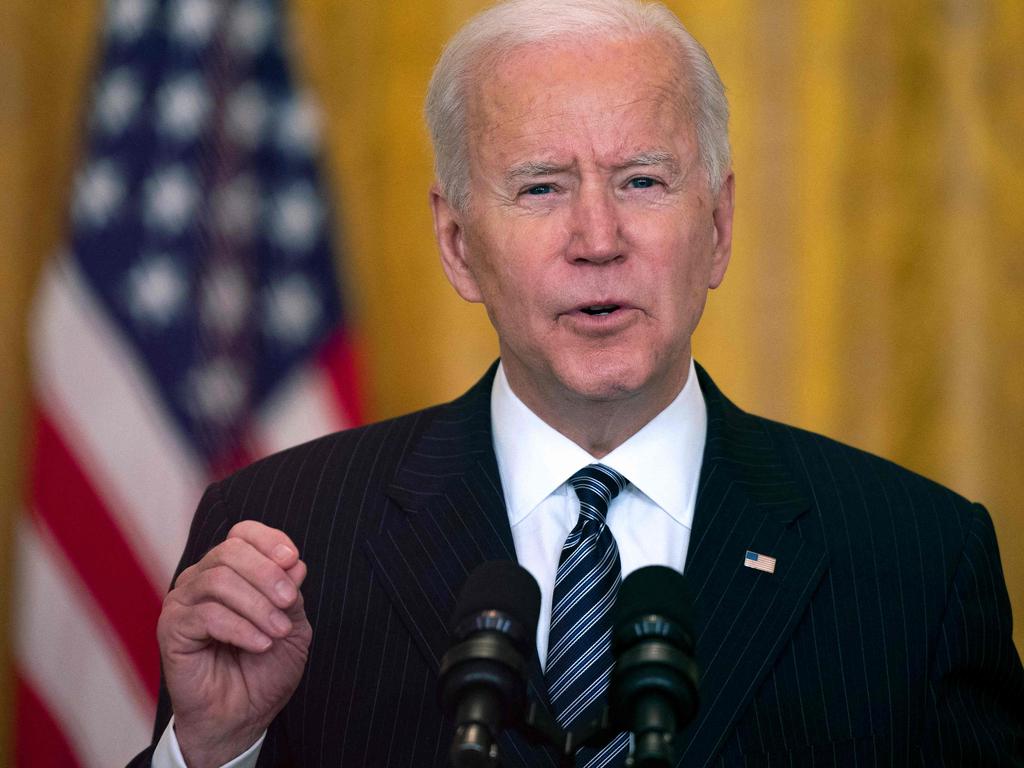Journalists covering COVID-19 vaccine rollout are playing into hands of anti-vaxxers


It’s a natural result of the media disruption that has forced thousands of experienced reporters out of the business, left newsrooms staffed by very young journalists and cut a whole level of editing and news directing responsibility.
Health officials have known for months that vaccine take-up rates will depend on calming fears driven by anti-vax campaigners, too many of whom can now point to coverage at the ABC and Guardian Australia to stoke fear in the community. The News Corp and Nine newspapers have sought — both in reporting and opinion pieces — to drive confidence in vaccination. So have some senior program hosts at the ABC, especially health editor Norman Swan and RN Breakfast host Fran Kelly.
But the national broadcaster’s news bulletins have been less thoughtful. Initially they portrayed the federal government as inactive in vaccine procurement. Then when it became clear on August 19 that the Morrison government had kept its powder dry until it could announce its deal with AstraZeneca, ABC reporters began to focus on differences between efficacy rates of the AstraZeneca and Pfizer vaccines.
The simple fact is no government could know in advance how the various vaccine projects around the world would work. Our government was wise to focus on the Oxford AstraZeneca product made using traditional technology similar to that in the flu vaccine.
The Pfizer and Moderna technologies are much newer. The advantages of AstraZeneca are many: it can be stored at normal refrigeration temperatures, it will be able to be made by CSL in Australia, and it will be easier to distribute in poorer countries where access to the minus 70C temperatures required for Pfizer storage will be more difficult.
Over the past fortnight, ABC news bulletins have been focusing on EU countries that paused the rollout of AstraZeneca over concerns about possible blood clots. It was fair enough to report this and most media did.
But government ministers and health bureaucrats told this column they worry the relentless focus of ABC bulletins may have overheated concerns among the general public, considering the World Health Organisation’s continued support for AstraZeneca, our own trials, and the results of the 11 million-plus jabs already given in the UK. It was unsurprising the European Medicines Agency cleared the vaccine by week’s end.

On Tuesday, Kelly interviewed Dr Swan, and the following day she interviewed Sir Kent Woods, who is the former chairman of the European Medicines Agency and an Emeritus Professor of Therapeutics at the University of Leicester. Both said evidence on the AstraZeneca vaccine suggested no increase from background levels of clots in the community. Sir Kent said 37 cases of clotting from the first 17 million European vaccinations indicated this was “coincidence rather than cause”.
Swan and Kelly agreed the publicity being given to the vaccine pause in Germany, France, Italy and Spain was a danger to the rollout but said they would both take the AstraZeneca vaccine immediately if offered.
UK critics have pointed to the bureaucratic nature of the EU’s regulatory processes. There is also hypocrisy in pausing the rollout while still blocking shipments of AstraZeneca to Australia. Health Minister Greg Hunt did the right thing writing to the EU to ask it to free up one million doses for Australia to donate to PNG.
Bevan Shields, Europe correspondent for The Sydney Morning Herald and The Age, reported on Thursday that European Commission president Ursula von der Leyen had refused to rule out seizing AstraZeneca’s factories on the continent and stripping the company of its intellectual property rights. The British are looking at the EU’s antics, grateful they voted to leave the union.
The World Today on ABC Radio on Thursday interviewed Jane Halton, the former head of the Department of Health, about EU vaccine nationalism, but that program, AM and most hourly bulletins focused on complaints by doctors about hold-ups in booking vaccinations for the over 70s. They were following a Guardian Australia story that morning reporting GPs criticising the government for “rushing the launch of its national (vaccine) booking system without informing key platforms”.
None of this is to say the Morrison government’s rollout should be beyond scrutiny.
Yet news editors need to remind reporters of some salient points. Australia has almost no COVID-19 community transmission so there is no need to pretend every setback is a life-threatening disaster.
AstraZeneca’s vaccine, when taken with a booster three months later, is almost as effective as Pfizer’s. And neither vaccine is claiming to prevent all infections. Rather, they claim to reduce the number of serious cases and the need for hospitalisation. The annual flu vaccine does not give 100 per cent protection, preventing about 60 per cent of infections.
Journalists need to understand how their work will be used by anti-vaxxers.
Here the government could do more than simply roll out senior doctors to talk about the safety of vaccination. It should inform the community of the origins of anti-vaccination conspiracy theories and call out the algorithms of Facebook and Google that reinforce anti-vax information online.
Journalists should check out Jane Hansen’s documentary, Big Shots: Anti-Vaxxers Exposed, which aired on Sky News last month. And they should read the history of this conspiracy theory, which goes back to a study published by an American researcher in the Lancet in 1998. The affair was covered by journalist Brian Deer in a series in the British Medical Journal in 2010 and 2011, including the role of a group of lawyers who were seeking evidence for a claim the measles, mumps and rubella (MMR) vaccine caused autism. That claim was refuted soon after but the damage was done and MMR vaccination rates tumbled.
Another study worth a look was in Nature magazine on May 13 last year. It uses data from 100 million Facebook users to show the effects of social media algorithms in reinforcing views for and against vaccination in a COVID-19 context.
There is a thirst among left-wing demographics for endless stories about Coalition incompetence, but editors need to balance that with an eye on the national interest — and in Australia, that is a successful vaccination program.







Some news coverage of the local COVID-19 vaccine rollout has been naive and politicised.